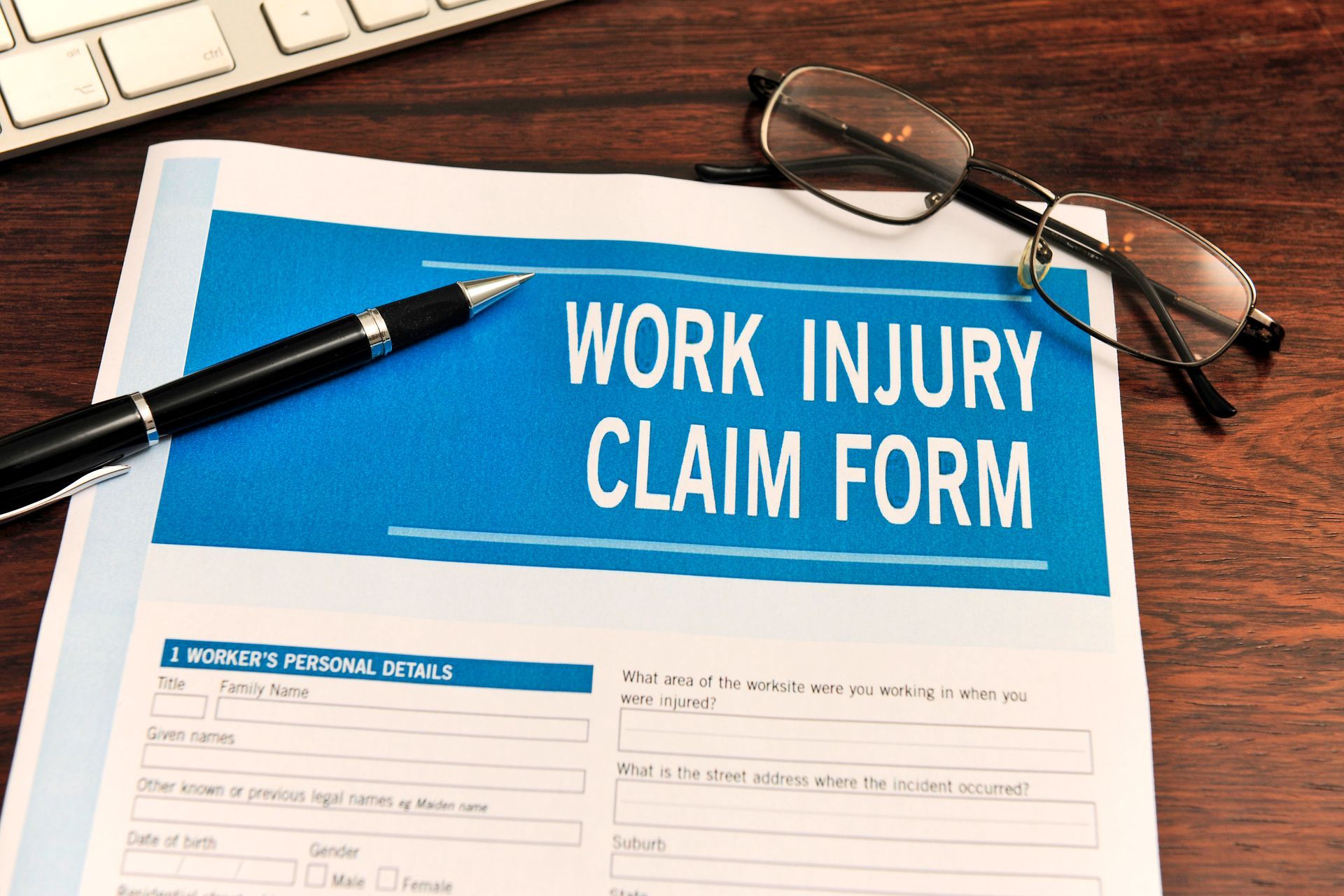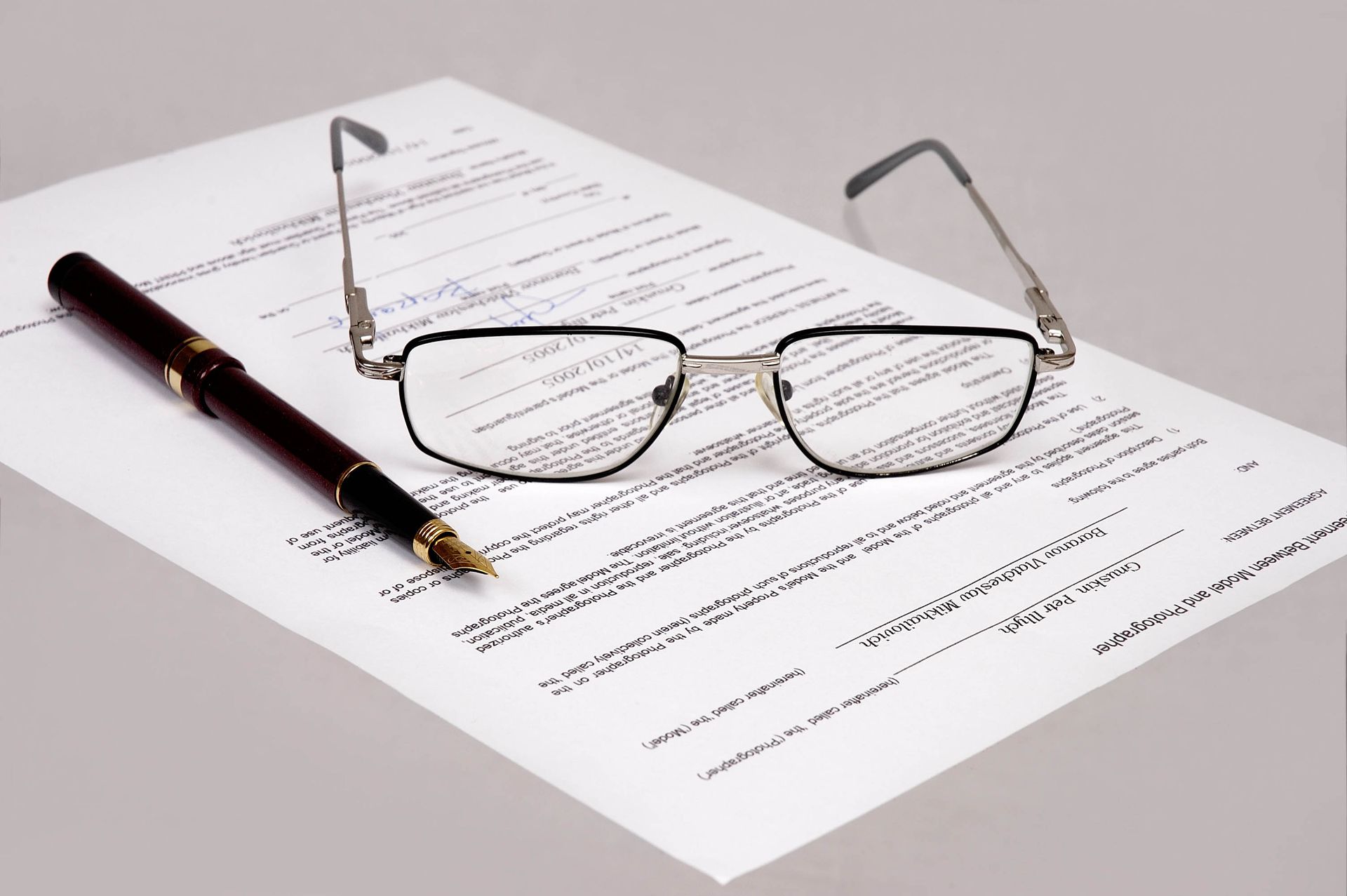Recent Blog Posts
Work Injury? Denied Benefits? Don't Wait. Call MGDP - Trusted for over 40 years
Work Injury Lawyer | SSI Lawyer
Ohio State Bar Association
Ohio Association for Justice
Free Consultation
Hero Request Form
Thank you for contacting us.
We will get back to you as soon as possible.
Please try again later.
Standing Up for Ohio’s Workers, Veterans & the Disabled
At Marshall Grinder Debski Pitts, we’ve spent decades fighting for the people who keep Ohio moving — injured workers, disabled individuals, and veterans who deserve the benefits they’ve earned. With over 80 years of combined experience, our team knows how to navigate the complexities of workers’ compensation, Social Security Disability, and veterans’ benefits — and we’re here to guide you every
step of the way.
As a proud Northeast Ohio firm, we’re deeply rooted in our community and dedicated to protecting the people who call it home. If you’ve been injured, denied, or are struggling to get the support you deserve, contact MGDP today — and let us fight for you.
A Few Marshall Grinder Debski Pitts Benefits
Work Injury Lawyer | SSI Lawyer
Ohio State Bar Association Members
Ohio Association for Justice Members
Approachable Team and Representation
Staff is Responsive and Compassionate
No One-Size-Fits-All
Solutions

Workers' Compensation
We'll help you navigate the complex claims process, deal with insurance companies, and fight for your rights if your claim is denied.
Social Security Disability
Our attorneys are members of NOSSCR (National Organization of Social Security Claimants' Representatives) and understand the application process.
Veterans' Benefit Claims
As veterans ourselves, we're passionate about helping our fellow service members receive the benefits they've earned for their own tireless service.
Here's what our satisfied clients are saying...
At Marshall Grinder Debski Pitts, we take pride in providing zealous workers' compensation representation to our clients. We would be grateful if you could share your thoughts about our firm with others. Your feedback helps us improve and helps others make informed decisions. Please take a moment to leave a review of Marshall Grinder Debski Pitts and let others know what you think.













